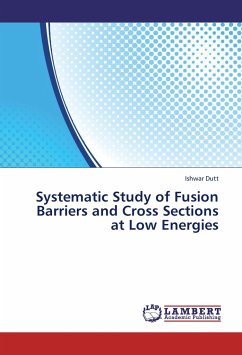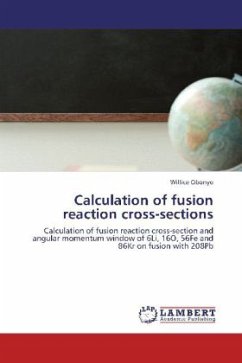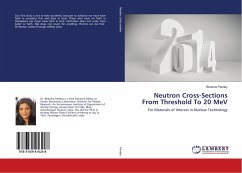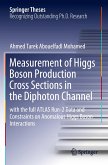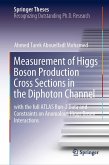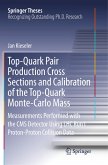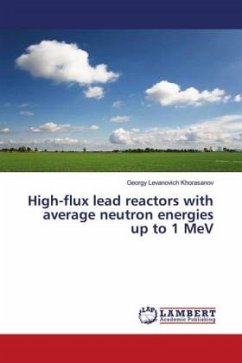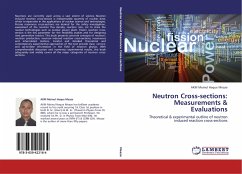The study of fusion barriers and corresponding fusion cross sections has seen a renewed interest in recent years due to the fact that the above understanding is a gateway for the synthesis of superheavy elements, production of new nuclides, and nuclear structural effects. In the present work, proximity potential as well as more than dozens of other potentials parametrized within the proximity concept are used. Initially, we studied and compared as many as sixteen proximity-type potentials using symmetric and asymmetric colliding nuclei. Our detailed investigation revealed that most of the proximity-type potentials reproduce experimental data within ±10%. We further parameterized the fusion barriers in terms of charges and masses of the colliding nuclei and our results reproduce the exact fusion barriers within ±1%. Therefore, our results can be used as a guideline for estimating the fusion barriers in those cases where measurements do not exist. We further analyzed the role of different technical parameters used in proximity potential and presented a best set of these parameters in terms of new proximity potential using 400 reactions with mass number varied from 18 to 294 units.
Bitte wählen Sie Ihr Anliegen aus.
Rechnungen
Retourenschein anfordern
Bestellstatus
Storno

